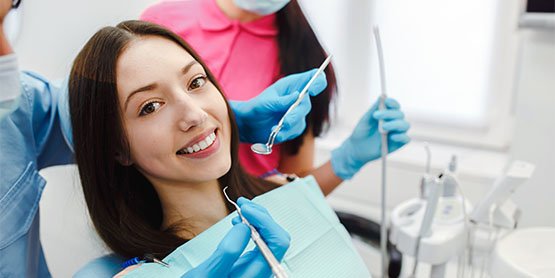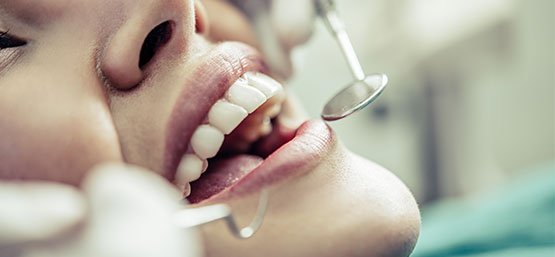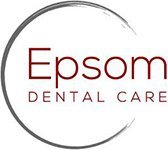Tooth Extraction

Tooth Extraction Belmont WA
If it’s gotta go, it’s gotta go!
Tooth extraction is a common dental procedure where a tooth is removed from the mouth.
Tooth extractions may be necessary due to severe tooth decay or infection, tooth damage due to breakage, severe gum disease, impacted wisdom teeth, to make space for orthodontic treatment, or during childhood, when baby teeth don’t fall out quickly enough to create space for emerging adult teeth.
Here are some of the common reasons for tooth extraction:
Preparation for orthodontia: Preparation for braces and retainers usually involves pulling one tooth or a few teeth.
Save space: Wisdom teeth are commonly extracted if there is no place for them in the mouth, or if they become impacted or damage.
Damage or tooth decay: Tooth extraction may be the only choice if a tooth is decayed or damaged to be restored with fillings or crown.
Risk of infection: Pulling teeth may be required if radiation or chemotherapy to the head and neck causes the dental condition.

Types of Tooth Extractions
There two types of tooth extractions:
- Simple extraction – the procedure on the teeth are visible in the mouth, usually with the patient under local anaesthetic and require the use of instruments to elevate and grasp the visible portion of the tooth.
- Surgical extraction – involves the removal of teeth that cannot be easily accessed, for example, teeth that have broken under the gumline or have not erupted fully.
Procedure for Tooth Extraction
Some teeth are difficult to remove for several reasons, including growth direction, shape and roots. Immediately after the removal of a tooth, a bite pack is used to apply pressure to the tooth socket to stop the bleeding.
Once the procedure is finished, your Belmont WA dentist will advise you about any after-care measures to take when you get home. Usually, a small amount of bleeding is average. Your mouth will continuously fill the space where the tooth root was by the formation of a blood clot.
Tooth Extraction Healing and Recovery
After tooth extraction, make sure that you follow all your dentist’s instruction for after-care, including the following:
- Eat soft foods – Have a soft diet and the limit your intake for the first few days after the procedure.
- Clean cautiously – Within 24 hours, don’t brush your teeth directly next to the area of your tooth extraction, you can still brush and floss like you always do.
For a few days, if you need to, clean your mouth carefully.
If you experience redness and swelling, apply a cold compress or an ice bag against the affected area and call your Belmont WA dentist as soon as possible. Ask your dentist about pain relievers suitable for you.
Tooth Extraction in Belmont WA
Talk to your Belmont WA dentist if a tooth extraction is the best option for you.
While a tooth extraction can solve one dental problem, there might be other ways to save your tooth like a root canal treatment.
To find out more about tooth extraction in Belmont WA, please contact us today at (08) 9478 2349.
We are located at 5/132 Epsom Ave in Belmont WA.

